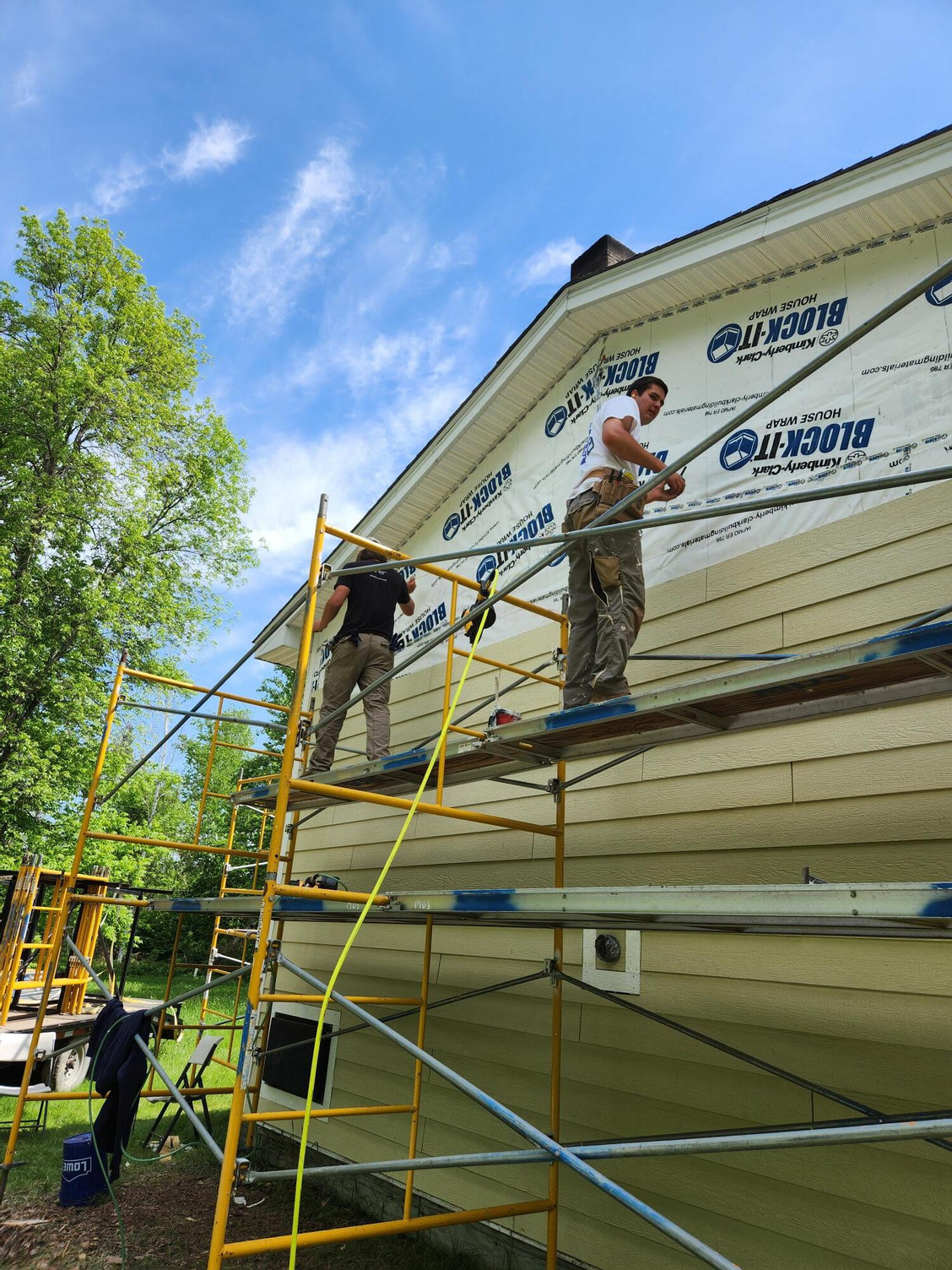Funding low-attention disasters: From preparedness to long-term recovery
2 p.m. ET / 1 p.m. CT

Disasters are increasing. But it’s not just big-name disasters that are more frequent. The biggest growth comes from so-called “secondary perils,” which SwissRe describes as “high-frequency, low-to-medium-severity events such as thunderstorms, hail, wildfires, drought, flash floods and landslides.”
Secondary perils also include the aftereffects of a more significant natural hazard event, e.g., the tsunami that follows an earthquake or tornadoes that spin out before a hurricane. They are also typically low-attention disasters that do not receive much attention from the government, donors or media.
In 2022, secondary perils caused more insured losses ($73 billion compared to $67 billion for primary perils) and overall economic losses (insured and uninsured), with $149 billion coming from primary perils and $211 billion from secondary perils.
During this webinar, held a day before the International Day for Disaster Risk Reduction, panelists discussed how funders can think about the various disaster phases in the context of low-attention disasters. They also shared their experiences working on risk reduction, preparedness, response and recovery.
Cari Cullen, director of CDP’s Midwest Early Recovery Fund, moderated the discussion and panelists included:
- Joshua Behr, Research Professor, Virginia Modeling, Analysis and Simulation Center, Old Dominion University, and Program Manager, Institute for Coastal Adaptation & Resilience
- Courtney Goss, Section Chief, State Voluntary Agency Liaison, Disaster Recovery Task Force, Texas Division of Emergency Management
- Mark Lindberg, Program Director, Disaster Relief & Recovery, Margaret A. Cargill Philanthropies
This webinar was co-sponsored by Alliance Magazine, Council on Foundations, PEAK Grantmaking, United Philanthropy Forum, Giving Compass, Philanthropy New York and National VOAD.
Please see the slide deck to learn more, read the recap on Giving Compass and watch the webinar recording to learn more:
